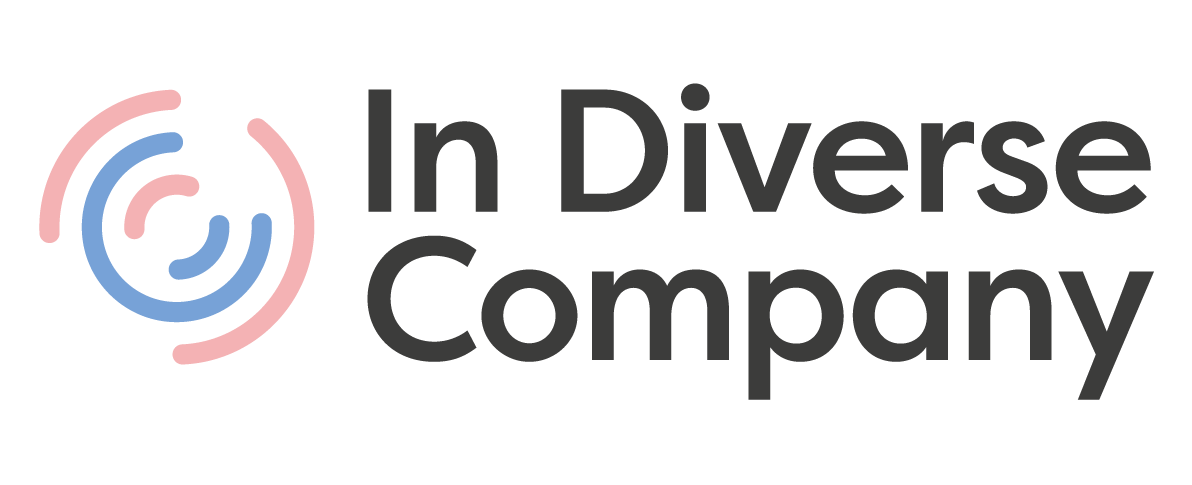By Saloni Bhatia, Psychology Researcher
Valuable in leadership, parenting, and even artificial intelligence – everyone is talking about emotional intelligence or EQ as it is frequently called. But why is it so popular and what does it mean?
Emotional intelligence is important because it impacts a wide range of life outcomes. It influences academic achievement, life satisfaction, work-family conflicts, physical and mental health, job performance, as well as leadership abilities[i],[ii]. Interestingly, research also finds that emotional intelligence coupled with either high intelligence (IQ) or relevant experience, is a strong predictor of senior executive success. However, in the absence of high emotional intelligence, strong experience or high IQ are inadequate in creating good leaders[iii].
Pioneers in this field, Daniel Goleman and Richard Boyatzis, term emotional intelligence, or EI as they like to call it, as being aware of and being able to manage oneself and others. They identified four key domains of EI[iv]:
- Self-awareness: This means being aware of your own abilities, preferences, and emotions.
- Self-management: This is the ability to be adaptable, being focused on achievement, being able to control your own emotions, and having a positive outlook.
- Social awareness: This involves having empathy and understanding other’s feelings as well as being able to understand group dynamics.
- Relationship management: This entails being able to influence, coach, and inspire others. It also means being able to engage in teamwork and effectively manage conflicts.
To help understand these facets of emotional intelligence and examine how they play out in daily life, we share below an interesting story about Krishna Kumar, now a Business Leader at Philips.
“Krishna Kumar didn’t know a word of Japanese when Johnson & Johnson posted him to Japan in 2002, but he was determined to make a contribution from the start. Though he knew little about the Japanese market, he would speak up at every meeting he attended, believing his India experience might add value to the proceedings. This strategy only earned him a cold shoulder from his colleagues.
In fact, when he eventually learnt Japanese, Kumar found out they referred to him as a Eigo Baka, which translates into ‘English speaking idiot’. ‘In Japan, guys who speak well are not considered the smartest,’ says Kumar. ‘In their culture, you have to listen carefully, understand and then speak. My three years in Japan really taught me the importance of listening.’ Now the vice-chairman and managing director of Philips India, Kumar puts these hard-won lessons into practice. For one thing, he visits a different sales territory every month where he has lengthy meetings with the field staff to hear their ideas on how the company might increase sales.”[v]
There are two key learnings from this example that can help us build our emotional intelligence:
1. Become a better listener: Effective listening can demonstrate curiosity, encouraging others to open up and share more about themselves and their ideas. It can also generate varied insights and informal feedback on organisational products, services, and processes. Importantly, it can enhance interpersonal relationships at work as it can reduce miscommunication and associated misunderstandings. You can become a better listener by interrupting less, reducing multi-tasking, and being more mindful of your body language while conversing with others.
2. Talk to people outside of your usual network: This exercise involves reaching out to and connecting with people you don’t regularly interact with, or even strangers. These could be acquaintances, your neighbours, or even co-travellers during your commute. The more awareness you have of other people’s lives, the easier it is to understand the varied reasons underlying human behaviours, motivations, and ideas. This can help build social awareness and in turn, enhance your relationship management skills.
_
This article is adapted from our learning programme on Emotional Intelligence, available on our learning platform Include LXP. To find out more about how this and other programmes can be made available to employees in your organisation, please reach out to us at info@indiversecompany.com.
_
[i] Miao, C., Humphrey, R. H., & Qian, S. (2017). A meta‐analysis of emotional intelligence and work attitudes. Journal of Occupational and Organizational Psychology, 90(2), 177-202.
[ii] Schutte, N. S., Malouff, J. M., Thorsteinsson, E. B., Bhullar, N., & Rooke, S. E. (2007). A meta-analytic investigation of the relationship between emotional intelligence and health. Personality and individual differences, 42(6), 921-933.
[iii] Fernández-Aráoz, C. (2014). Ignore Emotional Intelligence at Your Own Risk. https://hbr.org/2014/10/ignore-emotional-intelligence-at-you-own-risk
[iv] Goleman, D., & Boyatzis, R. E. (2020, September 15). Emotional Intelligence Has 12 Elements. Which Do You Need to Work On? https://hbr.org/2017/02/emotional-intelligence-has-12-elements-which-do-you-need-to-work-on
[v] Ganguly, D. (2014). How CEOs hone their listening skills. https://economictimes.indiatimes.com/how-ceos-hone-their-listening-skills/articleshow/45371536.cms
_
Photo by Canva
Liked this article? Share it with your network:
Research finds that emotional intelligence coupled with either high intelligence (IQ) or relevant experience, is a strong predictor of senior executive success. However, in the absence of high emotional intelligence, strong experience or high IQ are inadequate in creating good leaders.






